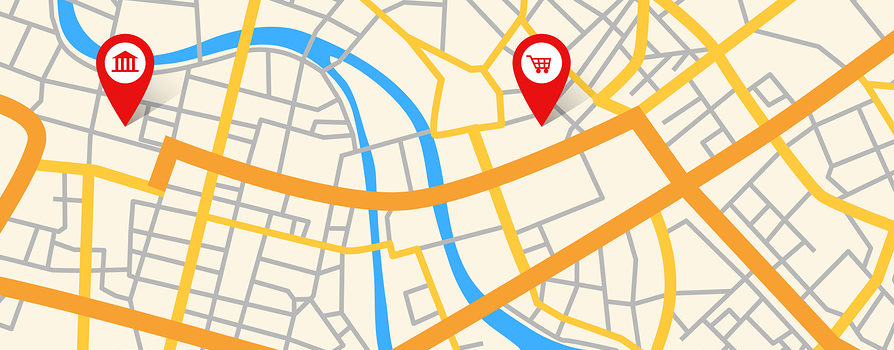Startup Essentials Series: Selecting a Business Location
EDITOR’S NOTE: This is the fifth installation of a multi-post series dealing with decisions and tasks startup businesses face when getting off the ground. Check out the other articles in this series here: first installment, second installment, third installment and fourth installment.
The age-old adage when it comes to what makes real estate attractive is “location, location, location.” That’s not just true for a home – that’s also true for businesses looking to put an official corporate roof over their heads.
Sure, physical location might not be as important to a business’ success as it once was – the internet and the growth of telecommuting means that unless you’re running an actual physical storefront, you can be a little more flexible with your business location.
That said, whether you run a bakery, accounting firm or warehouse, your choice of business location can make your company’s life easier. In the case of consumer-facing businesses, location can literally be the difference between success and failure. And even if you don’t necessarily need a foot-traffic-generating storefront, a careful location selection could help spare you from a number of headaches.
5 Things to Consider When Selecting a Business Location
1. Zoning: A boring consideration, but a necessary one: Whether you’re building a new location or moving into an existing one, it needs to be zoned for the type of business you’re engaged in. If you’re opening up a coffee shop, you’re going to run into some problems if you try to move into a building zoned for heavy industrial purposes. Otherwise, you’re looking at filing for a conditional-use permit, or the arduous process of getting a zoning change.
2. Taxes: Tax considerations can get pretty complicated when deciding where to put down roots. Not only do you have to think about a number of different types of taxes: sales, income, property, even corporate taxes – but you also have to consider them on various levels, whether it’s city, county or state.
Some companies can be a little pickier than others, of course. If you’re specifically trying to serve a particular geographic location, especially with some sort of physical good or service, you’ll probably need to locate your business nearby. But if you’re, say, developing a web app with national appeal, look for a municipality with business-friendly taxes.
3. Demographics: Similar to taxes, demographics of your moving location might not matter if you sell a product or service with wide appeal, and/or if physical location isn’t pivotal to the success of your business. However, demographics may very well come into play if what you’re selling is more niche in nature. An oversimplified example would be: If you want to go into lawn care, you should set up shop somewhere near an affluent suburban area with wealthier homeowners who can afford and actually use your services – you won’t get much work in a low-rent urban location.
Even if physical location isn’t necessarily important in serving your customers, hiring may be another important consideration. You’ll want your business location to be somewhere that can attract employees that have the specializations you need … and feature housing that your employees can afford.
4. Accessibility: What exactly makes a location “accessible” is dictated by your business’ needs. For instance, if you’re starting up a small industrial company, you’re going to need a location with an appropriate number of loading docks, connected to roads that can handle heavy-truck traffic. If you’re a retail business, you’ll obviously want to focus on things such as adequate parking, but also consider entrances/exits – a hard-to-see entrance on a one-way street could dissuade a lot of would-be customers.
5. The Neighbors: Most homebuyers want to know who their neighbors are before they buy. Likewise, you should consider the other area businesses when deciding on a business location – for several reasons. For one, it sets a tone; it’s hard to settle into a luxury-beauty-treatment mindset when your spa is located next to a noisy bar. Also, a favorable location near things such as restaurants, services and medical buildings is a valuable perk to boast to prospective employees. Lastly, business begets business: Foot traffic to, say, a grocery store is likely to benefit other nearby businesses such as barbers and retailers, and vice versa.
Picking a business location isn’t easy, and it’s something that many entrepreneurs have little to no experience doing. Don’t make this a guesswork game: McManamon & Co. provides business consulting services to small- and mid-size businesses, and we can help you determine what else your business needs from a location (past four walls and a roof).
Put your company in its place – the place it’ll call home for years to come. Call McManamon at 440.892.9088 or contact us online for help with this and countless other needs for your budding business.
Tags: business location, McManamon, small business | Posted in McManamon & Co., small business
